Executive and Privileged Sessions Recordkeeping
We get a lot of questions about how boards of directors and committees should handle recordkeeping for executive sessions and attorney-client privileged sessions. As you recall, an executive session is a portion of a board or committee meeting declared to be confidential by the board or committee. An attorney-client privileged session is a portion of a board or committee meeting during which the board or committee is discussing a confidential matter in the presence of legal counsel, and legal counsel is there for the purpose of giving legal advice.
Matters discussed in executive session are discoverable unless protected from discovery by law. Protections from discovery are relatively rare, so the vast majority of executive session discussions are discoverable. Matters discussed during a properly invoked attorney-client privileged session are virtually always protected from discovery. Consequently, when highly sensitive matters are being discussed, or when there are reasons to think that the discussions will lead to legal challenges, meeting in attorney-client privileged session is preferable to meeting in executive session.
When a matter is discussed in a privileged or executive session, the minutes of the meeting should not report on those substantive discussions. Rather, the minutes should reflect that "... a confidential matter was discussed in executive/attorney-client privileged session ..." and, when deemed appropriate, "... the following resolution was reported out of the executive session: ... "
Of course, the board or committee may determine that all or any part of the discussion should be included in the minutes. Although most substantive attorney-client privileged and executive session discussions are not included in the minutes, notes of those discussions should be kept and stored securely. Secure storage can become complicated when persons with access to the secure storage (volunteer leaders, staff, etc.). It makes sense to establish a policy providing that access to these secure notes is allowed only with the consent of the board or executive committee. It also makes sense to consider having legal counsel hold confidential notes in trust for the board or committee.
If you or your Board have any questions about this, please do not hesitate to contact us.
